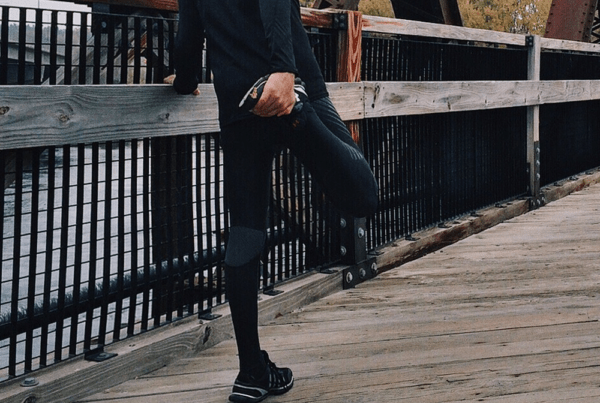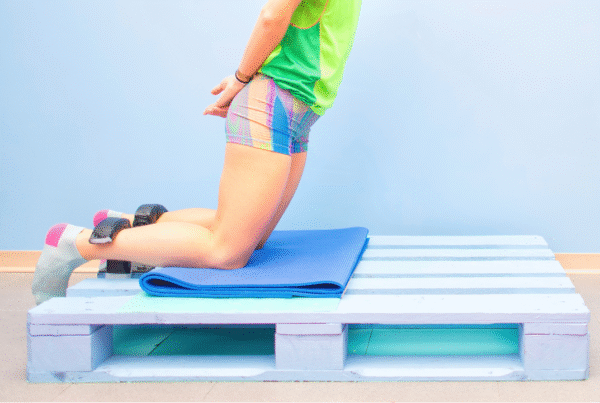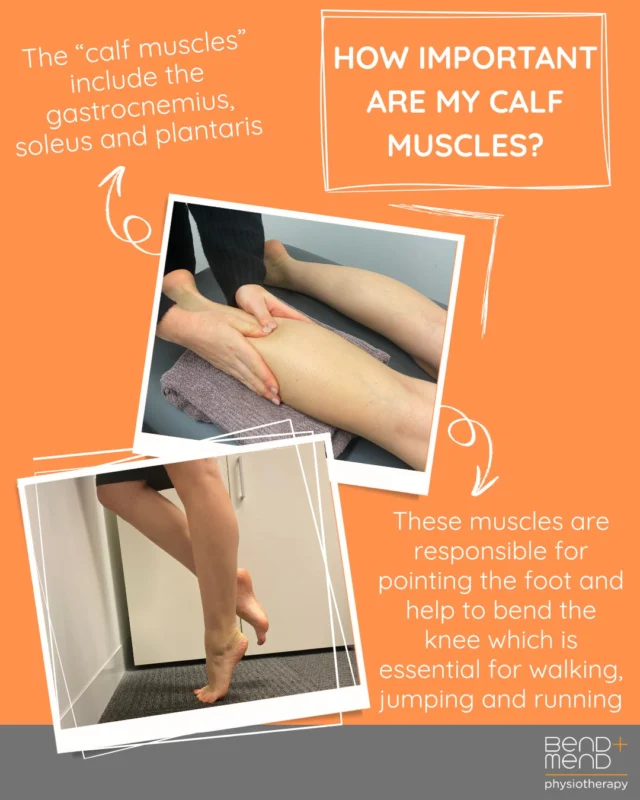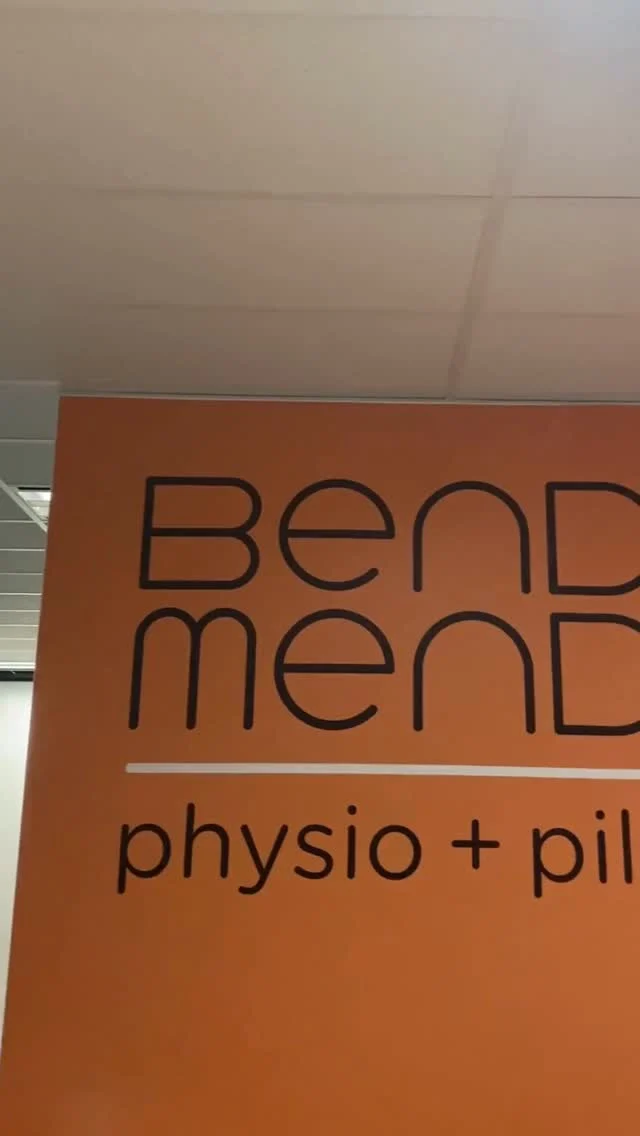At Bend + Mend it is important to us that our patients know what to expect from their initial physiotherapy assessment so they can adequately prepare and get the most out of their appointment. Our initial assessment sessions last for 45 minutes. The best way that you can prepare to ensure the most optimal use of your time is to first, ensure that you have appropriate clothing with you. This is very important as it will allow us to make accurate observations and expose assessment and treatment areas modestly. If you have an upper limb injury, we advise that you wear a singlet and if you have a lower limb injury, we advise a pair of shorts. If you find yourself in the office with the sudden onset of neck pain and you are without your active wear, worry not, as we do have both t-shirts and shirts that we can loan to you for the duration of the session.
Your 45-minute appointment will have 3 components to it (subjective history, objective examination, treatment). It will begin with a subjective history taking. This is when your physiotherapist will ask you about your injury/presenting complaint. You will be asked questions about the location of your pain, if you are able to describe the nature your pain, its severity and irritability. You will also be questioned about factors that both aggravate and relief your pain, it can be useful to take note of different movements that makes your pain worse and equally those that ease the pain also. We will want to hear about your 24-hour pattern of pain i.e. how you feel upon waking in the morning, how your pain behaves during the day and how you feel at nighttime (if the pain is affecting your sleep). A screening of your general health will also be completed along with inquiring about any previous injuries or similar episodes of pain. We like to ask you abut your usual exercise routine and about your occupation so we can get a better insight into the kind of lifestyle that you lead and how this may or may not be impacting on your injury.
The second part of the session consists of the physical or objective examination. During this assessment your physiotherapist will observe the involved joint and associated areas looking for bruising/swelling/postural abnormalities/etc. Associated joints will be screened which aids with identifying the exact source of your pain (often patients can present with referred pain, which is when pain is perceived at an area other than the site of the pains origin). Range of motion (how far you can move a part of your body), strength/power and functional assessments will then be carried out and any deficits will be noted. In some cases, special tests (diagnostic tests) and sports specific movements will be performed also. At this point, your physio will combine the findings of both the subjective and objective history taking and be able to provide you with an explanation as to the source of your pain and the plan to tackle it.
The final component of your session will then commence which will be your treatment. This will of course depend on your assessment findings. Treatment can range from advice and education regarding your condition, recovery time-frames and projected outcomes to hands on manual techniques including joint mobilisations, soft tissue massage and trigger point release. Your physiotherapist may also use techniques such as dry needling, exercise prescription or a Pilates based approach to rehabilitation.
Prior to your assessment it can be useful to take note of any questions that you may have for your Physiotherapist so these can be addressed during the session. We hope this provides you with some insight into what to expect from your first appointment with us and we look forward to welcoming you into the clinic and getting you on the road to recovery.





